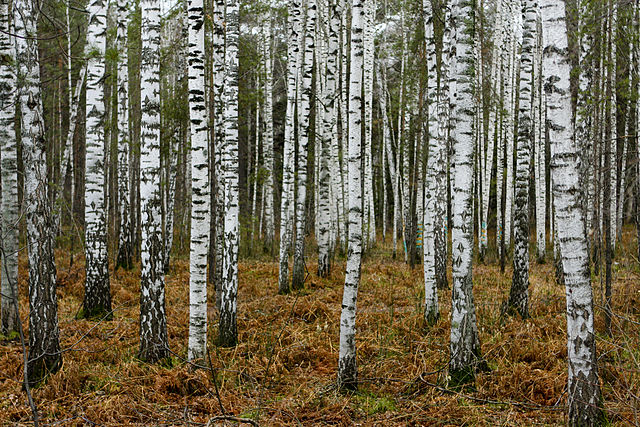When Ann and I first discussed a seminar on literary memoir, featuring works by George Orwell, Vladimir Nabokov, and William Styron, I was intrigued by the opportunity to group such three different writers and books together in one week. I had read various novels by each author, and had read and enjoyed Orwell’s Down and Out in Paris and London, but I was largely unfamiliar with their autobiographies.
 Our readings will take us far and wide, from the fields and birch woods south of St. Petersburg to the frozen trenches of northern Spain to the unseen yet just as real landscape of a mind in the grip of severe depression, an experience Styron likens to dwelling in Dante’s dark wood. I found a metaphor by Nabokov to be especially apt in describing the process of re-creating these worlds: “I witness with pleasure the supreme achievement of memory, which is the masterly use it makes of innate harmonies when gathering to its fold the suspended and wandering tonalities of the past. I like to imagine, in consummation and resolution of those jangling chords, something […] enduring[.]” Each writer is looking back and looking in, for what would memoir be without introspection? Each, however, is also looking around and looking out. They carefully collect chords and tones from their lives, but from others’ too, and turn this private music into a public performance that is still compelling today. For Orwell and Styron in particular, their autobiographies are also an act of bearing witness to injustice and to the stigma of mental illness but also what Orwell calls “the decency of human beings.”
Our readings will take us far and wide, from the fields and birch woods south of St. Petersburg to the frozen trenches of northern Spain to the unseen yet just as real landscape of a mind in the grip of severe depression, an experience Styron likens to dwelling in Dante’s dark wood. I found a metaphor by Nabokov to be especially apt in describing the process of re-creating these worlds: “I witness with pleasure the supreme achievement of memory, which is the masterly use it makes of innate harmonies when gathering to its fold the suspended and wandering tonalities of the past. I like to imagine, in consummation and resolution of those jangling chords, something […] enduring[.]” Each writer is looking back and looking in, for what would memoir be without introspection? Each, however, is also looking around and looking out. They carefully collect chords and tones from their lives, but from others’ too, and turn this private music into a public performance that is still compelling today. For Orwell and Styron in particular, their autobiographies are also an act of bearing witness to injustice and to the stigma of mental illness but also what Orwell calls “the decency of human beings.”
In addition to discussing each work on its own, we will also devote time talking about memoir as a genre. Questions to explore include: What is the role of truth in memoir? What is each writer’s conception of the very nature of memory? What makes a good memoir, and how does that differ or compare to what makes a good novel?
I look forward to spending the week with you. For more information and to register, click here.
– Melanie


